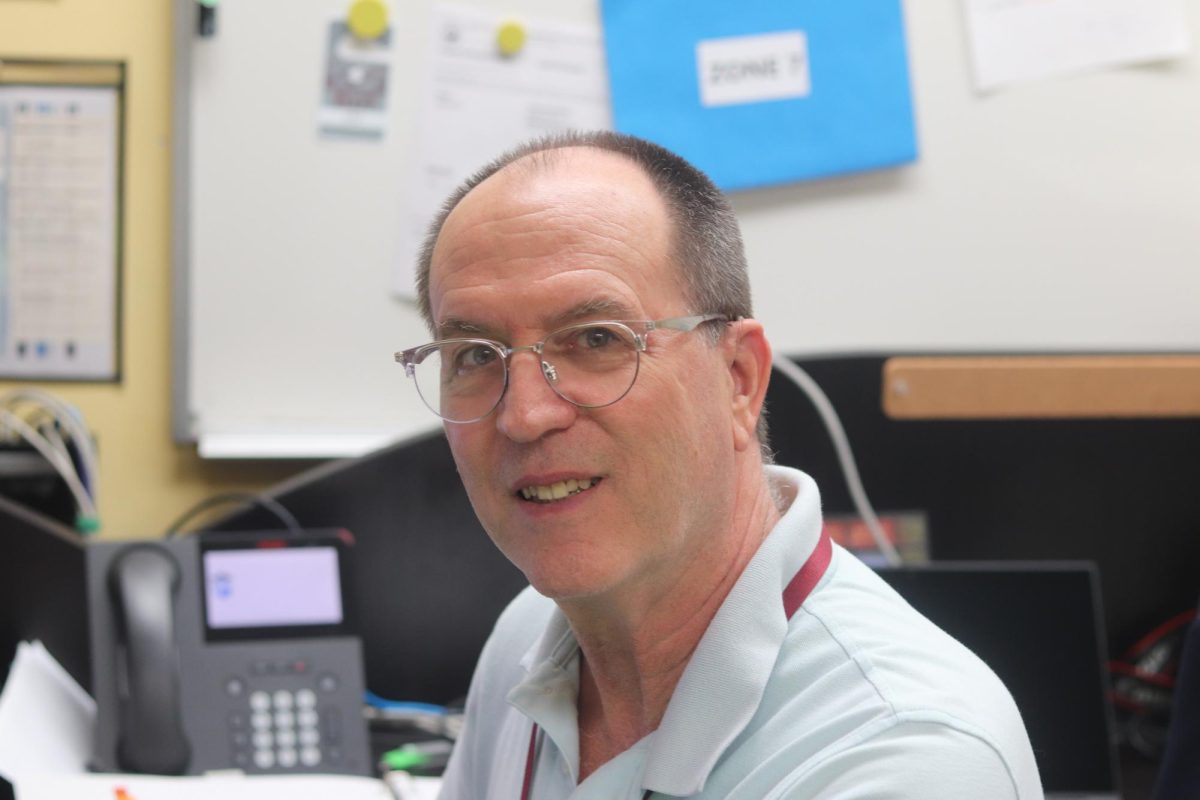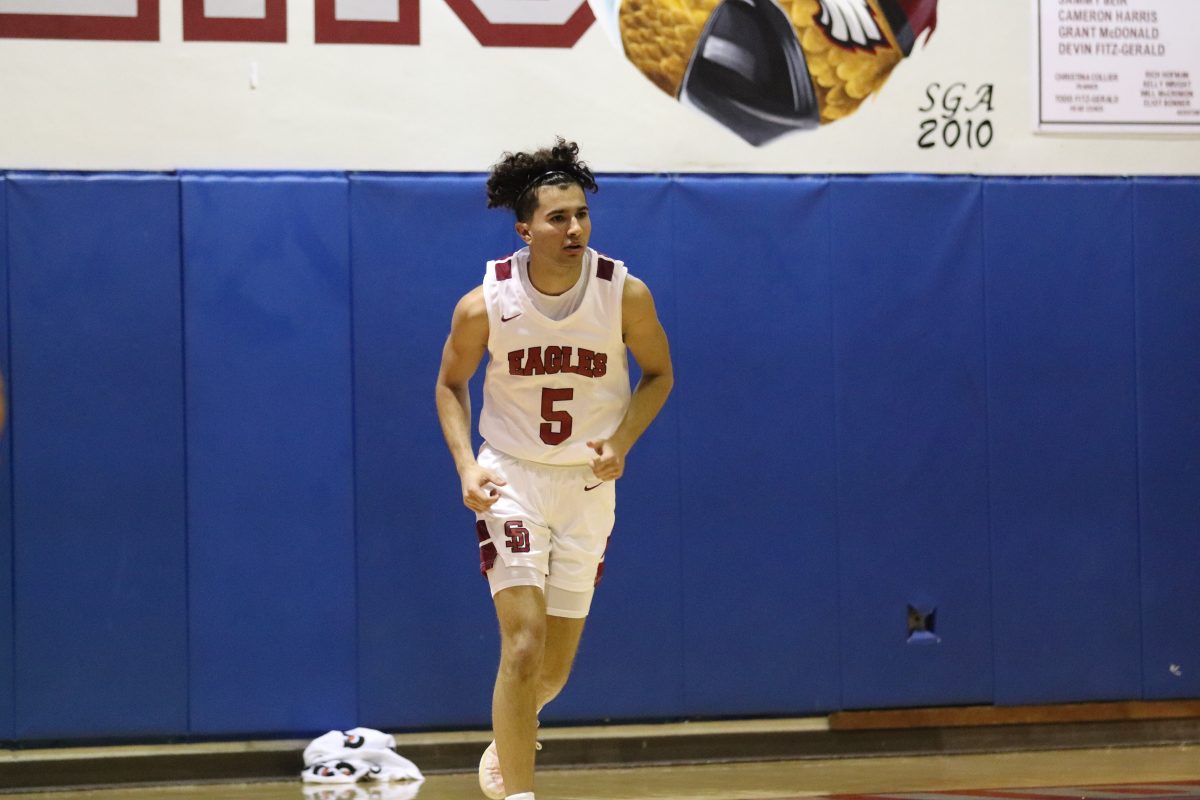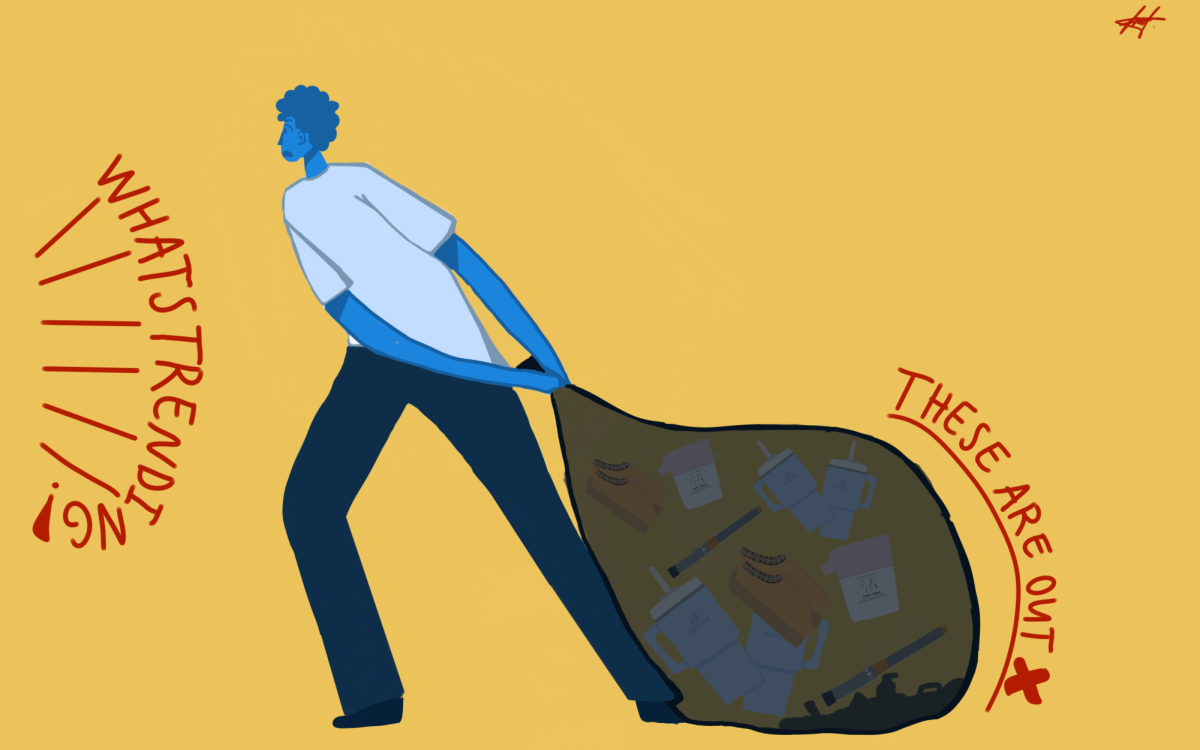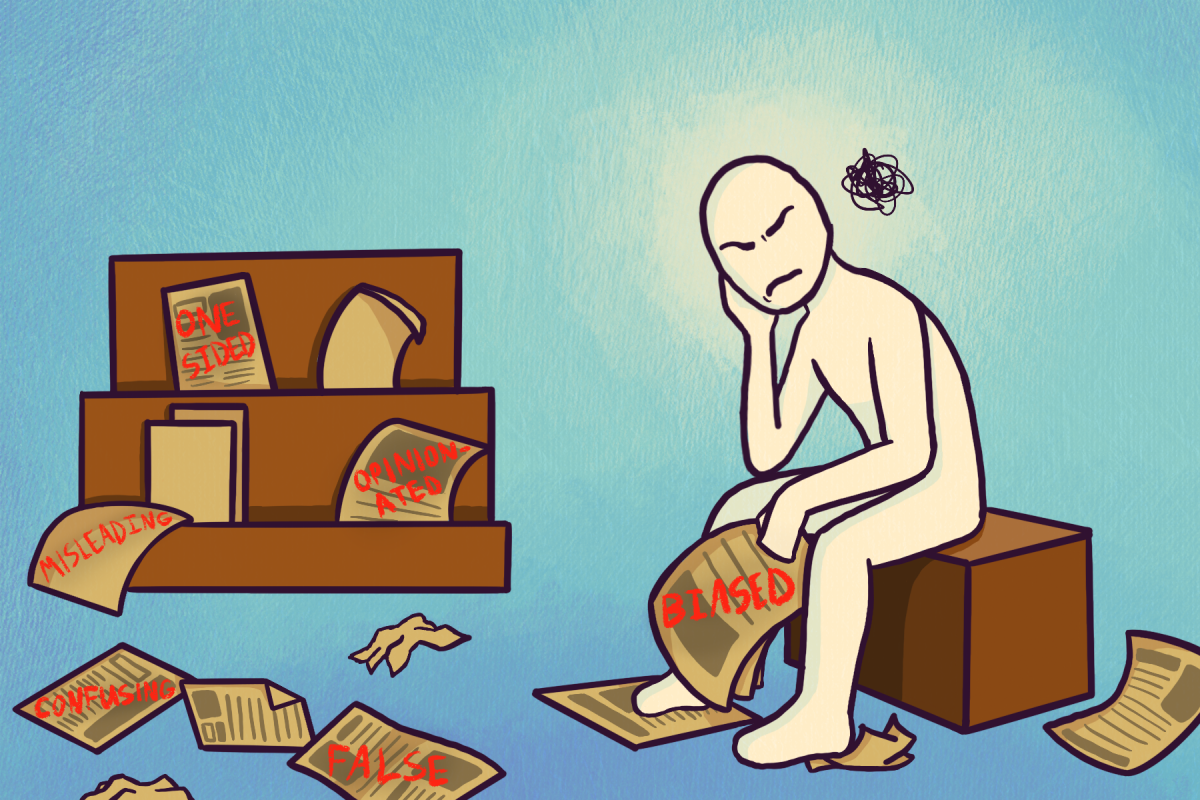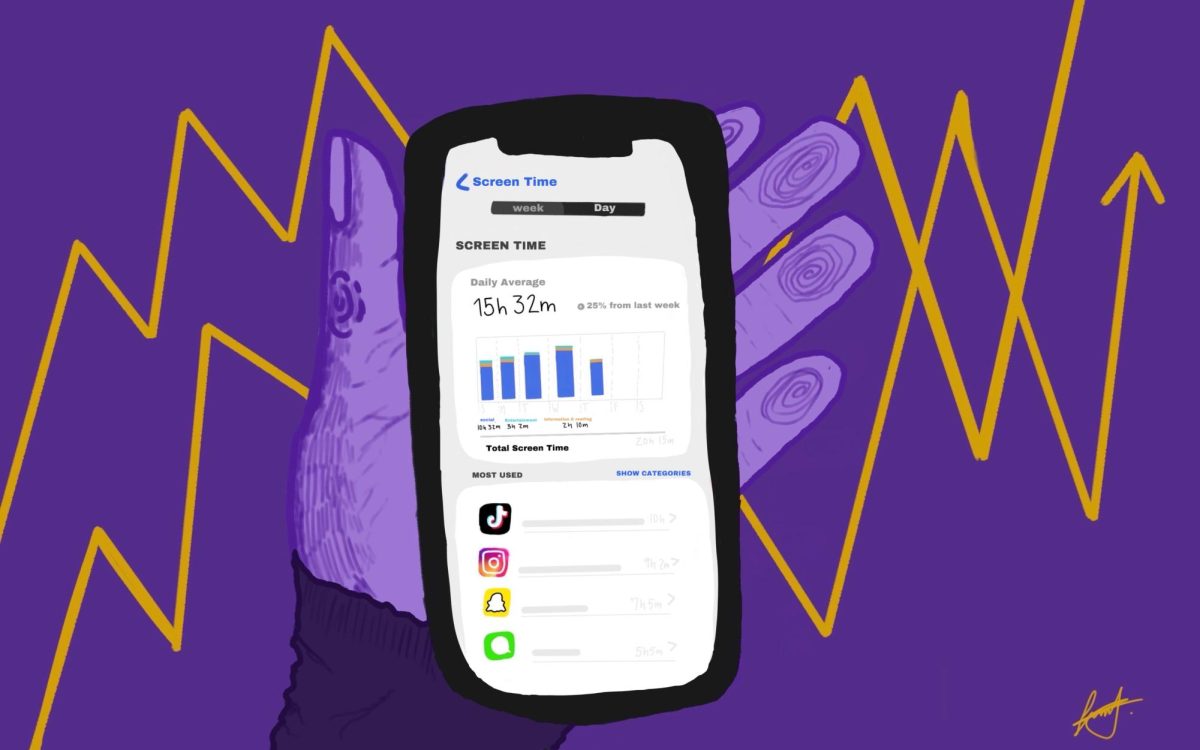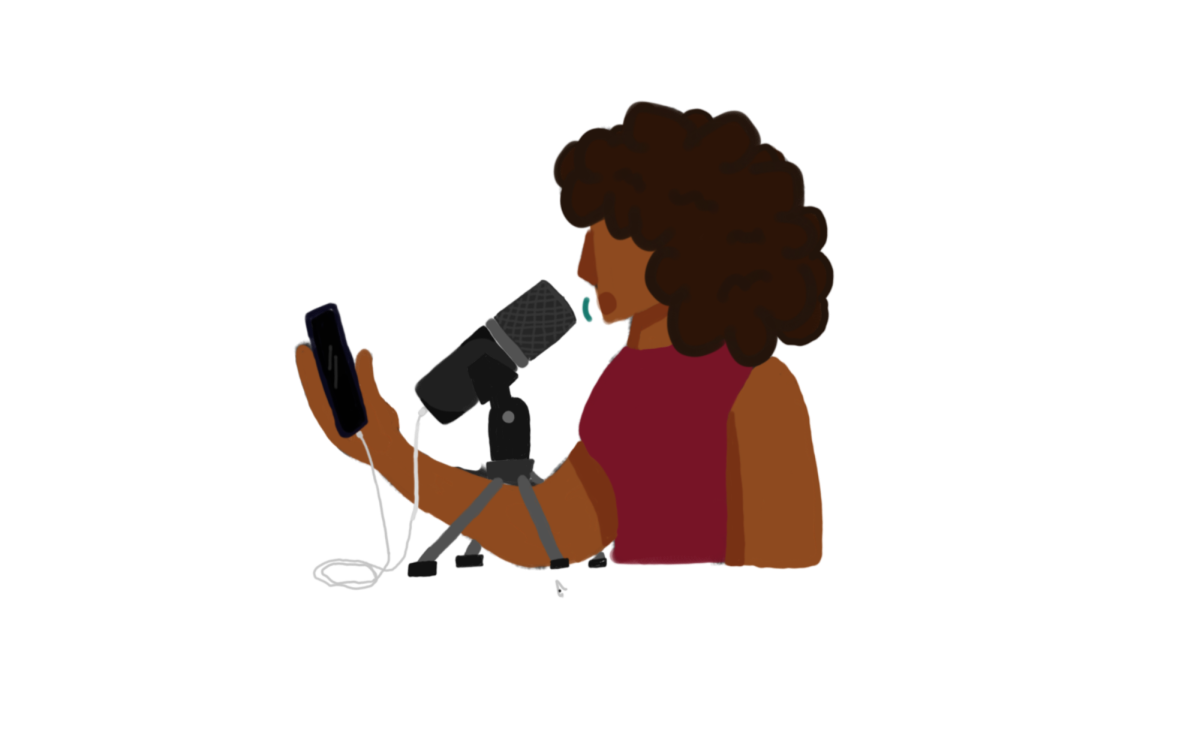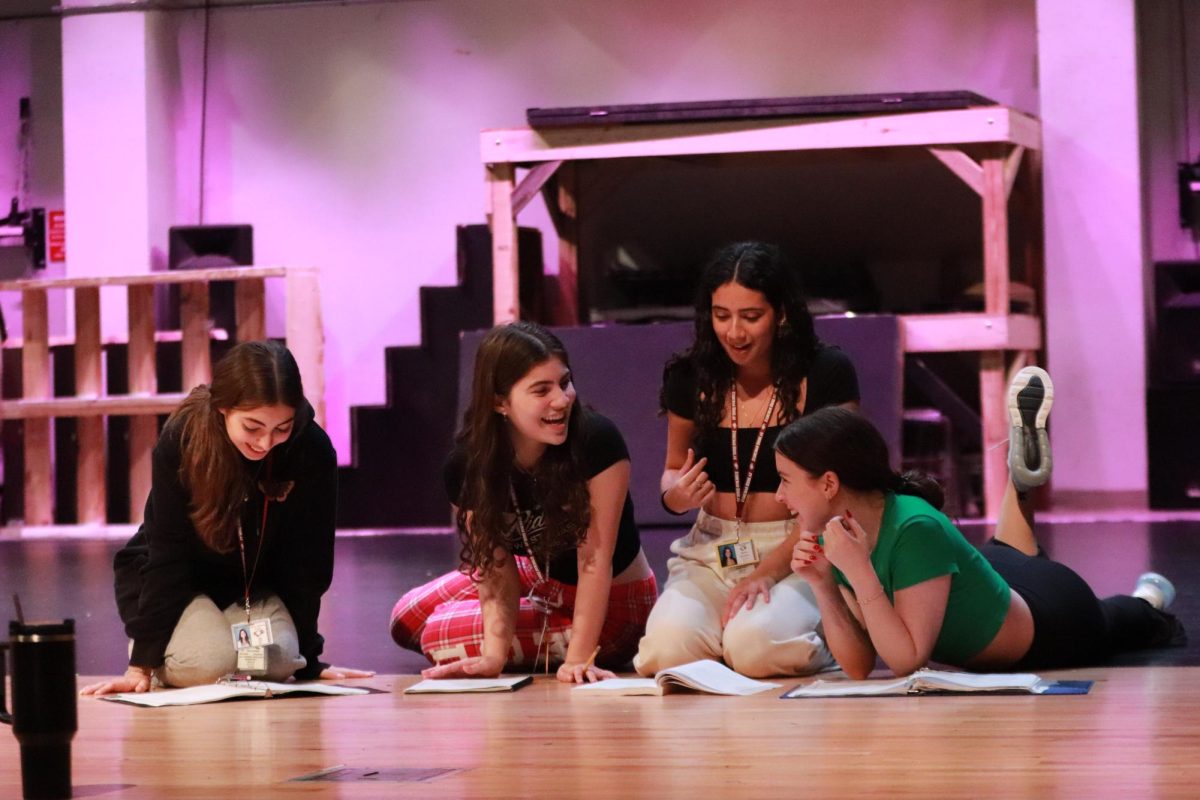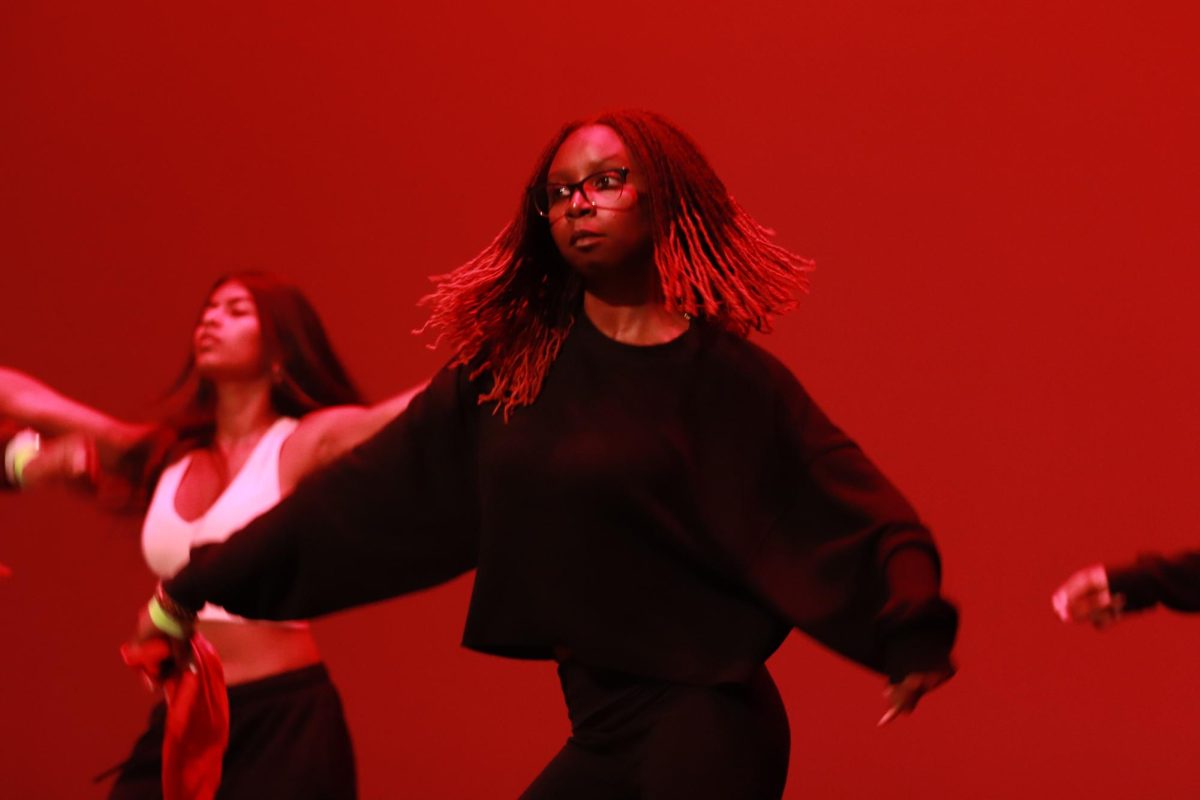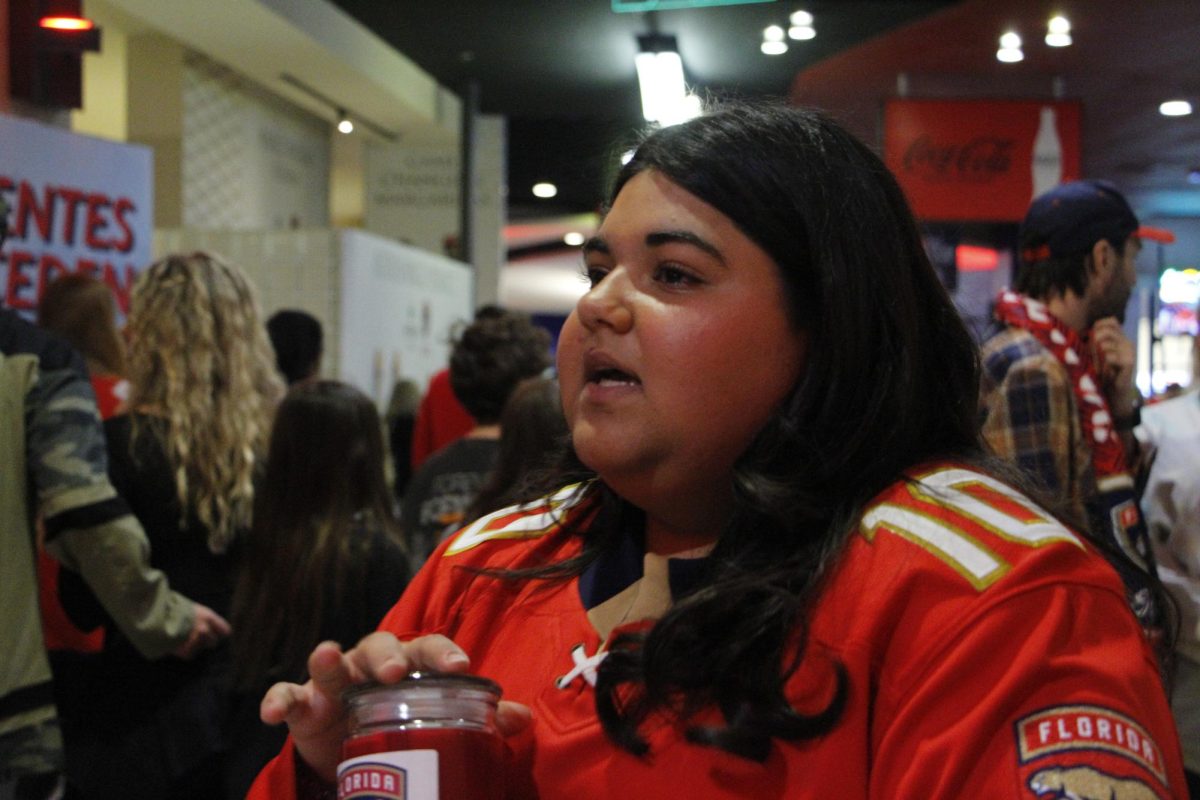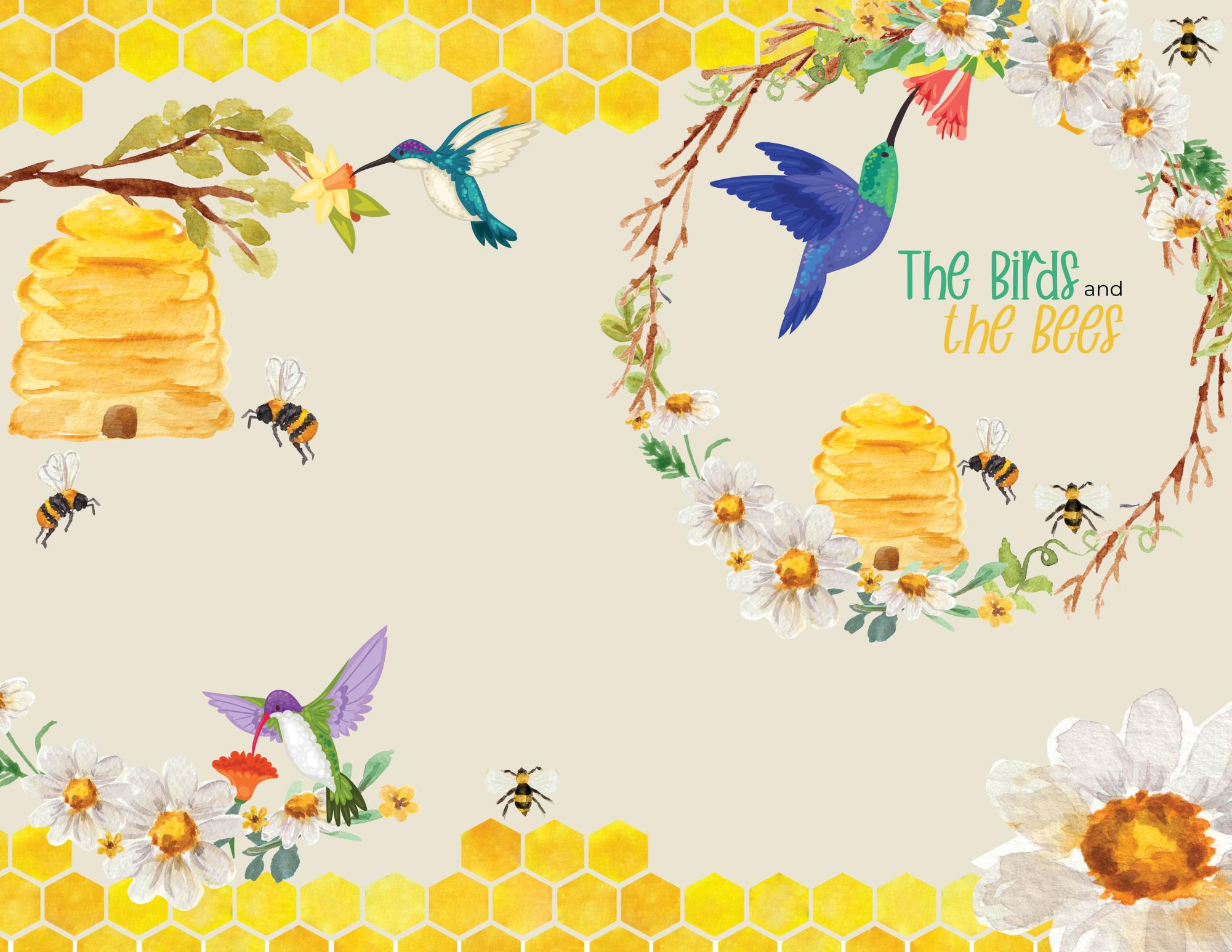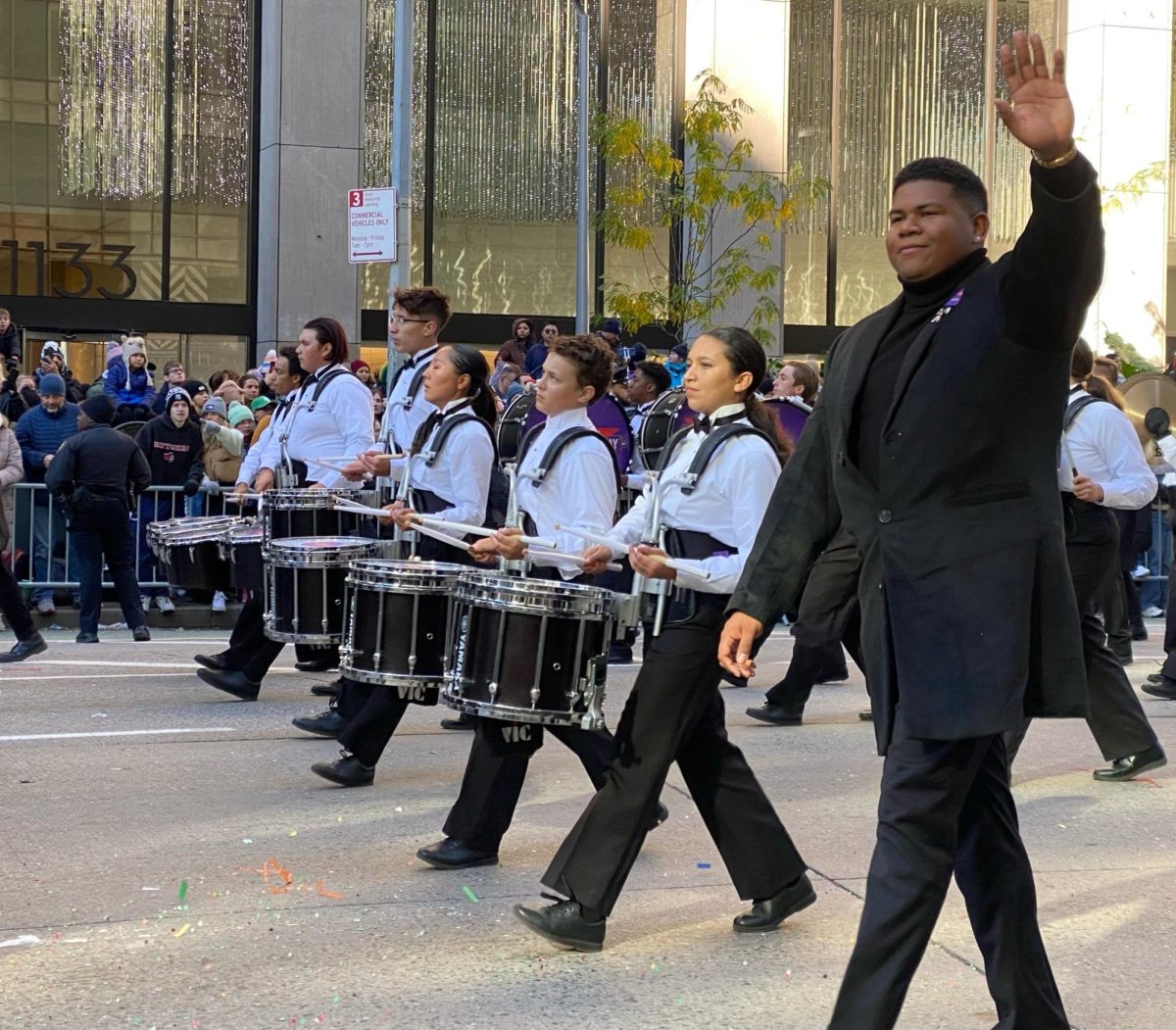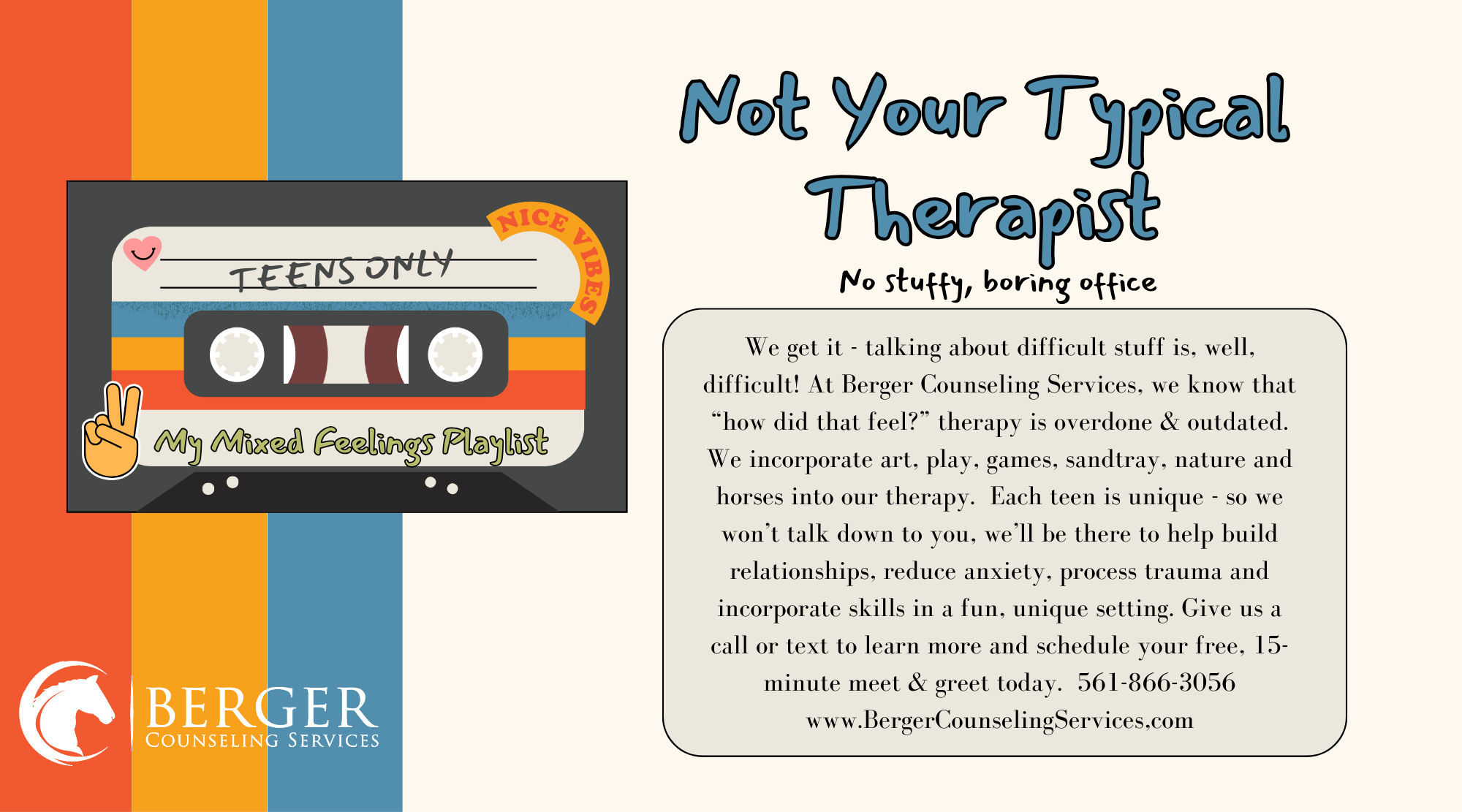What does your job as a school counselor entail?
School counselors engulf multifaceted roles. We’re not just academic advisors. We’re also here to support students’ mental health, personal social, college and career life readiness development. And obviously, your academic journey through high school, middle school, elementary, depending upon what level. I am in a unique position as a district support counselor because I get to provide school counseling services to multiple schools. School based counselors are just assigned to one school, whereas in my role I get to support two. In general, a school counselor is usually assigned a caseload, and we would be helping students with their classes, making sure they’re on track for graduation, making sure that they’re taking the right classes and getting the credits they need for their diploma. We also help them find volunteer experiences and make sure that they’re developing their life skills and readiness. Skills development, formerly known as social emotional learning, is feelings, responsible decision making, relationship skill building, social awareness, resilience and self management. That’s what our role is: academics and personal and social development, and then helping you see where you want to be after you graduate high school and what’s going to bring you joy and make you fulfilled as an adult.
What piqued your interest in applying for this job?
I would say I originally wanted to be a doctor, and then I got changed into speech pathology and realized that math was not my forte. I ended up taking a lot of psychology classes, and I just switched to psychology. When I graduated with my degree in psychology, I realized you can’t do anything with a bachelor’s in psychology in regards to mental health. When I sat down with an admissions rep for my Master’s in Counseling, I was called to the school counseling component because I liked the fact that I was going to be there with students on a daily basis versus just in a private practice once a week per se, with students or children because that’s my passion. I love children. I also had an interesting childhood where I didn’t really necessarily have a counselor who was there for me, so it kind of motivated me to want to be a counselor and be there for students to have a champion on campus, somebody that’s gonna believe in them no matter what their situation looks like.
Why do you love being a school counselor?
I love being a school counselor because like I said, I didn’t have a great school counselor in high school, and I have a lot of childhood experiences that have helped build my resilience. I really love being that person for kids even if it’s just to escape whatever you guys deal with as teenagers. I just like being there for kids and hopefully changing the trajectory of even one child’s life. Every single year, if I can impact one kid’s life in a positive way, then that’s the reward for me. I just like helping kids and being there for them because I know what it’s like to be a kid and not have somebody there for them unconditionally.
What are your goals working in this field and what have you been doing to achieve them?
My goal working in this field is always to help. We’re data driven, especially in my role where I have to provide data on a weekly basis on how many students I see and how many crises I attend to–things like that. My goal is always to try to help provide preventative support so that students don’t feel like they have to get to the point of a crisis and feel like they are alone. I like to try to dabble into a lot of different things, even dual enrollment. That’s one of my goals is to try to make sure that I’m inserting myself and making myself visible in multiple ways, not just with credits in classes and mental health. I do classroom visits every year, because I’m eager to have kids see like, oh, a school counselor is there for me. One of my goals is to make sure kids know that they have someone on campus to help them have a safe space to come to.
What do you do to support and motivate students that need your help?
I try to provide an open door policy; I provide my email and I have a QR code on my door. If I’m not here, students can email me directly. I tried to just be a constant unconditional support, so they know that if they are in need, or even if they’re not in need, they just want to say hi, I want to be their person that they can just say hi to and kind of change their day. They may have started with a bad day at home, maybe they had a disagreement with their parent or significant other or a friend, or they got a bad grade on their test, and it completely ruins their day. I really hope that they know that by coming to my office, there’s no judgment, and then I’m going to love them as is, and hopefully send them back off feeling a little bit better.
Describe any challenges you encountered in this job and how you overcame them.
One of the challenges I experienced 10 years as a school counselor, is that a lot of the community doesn’t realize or don’t understand that school counselors are mental health professionals too. We know we can’t provide clinical long term counseling, but we can do individual counseling, we can do group counseling and we can provide solution focused counseling therapy, which is short term grief counseling. A lot of students, a lot of people hear the word guidance counselor and they think that we’re just vocational, we’re just here to help you figure out a college and career and get you in the right classes, and we do so much more than that. I think another challenge is time, because I am split between two places, but when I was school based, time was still hard because I had almost 1,000 students to myself. I feel like the caseloads for school counselors in general is one of the challenges that we can’t always impact every single student in a way that we’d like to intervene and try to help them grow individually sometimes. That is a big challenge right now for many school counselors is the caseload is really large, which is where my position comes in. I don’t have a caseload, and I can help any student because all the counselors are busy. I want to be able to have that open door policy for them to say, okay, somebody’s here to try to help me right now.
What makes coming to MSD special?
I think coming into the school counseling guidance office, it’s very warm to me, I feel very welcomed here. Even though I’m not here full time, I feel like I’m accepted and appreciated, and that to me is a huge deal. When you’re a professional, you want to feel at least appreciated because I put my heart and soul every day into what I do because I love kids, and I want kids to feel loved and no matter what’s going on outside at home, that they that they had somebody in their lives that said I believe in you and you you’re going to you’re going to fulfill your dreams. I think the potential of being able to impact a student’s life is what makes it special and we are a bigger school, so I have the potential to impact more students’ lives.
This story was originally published in the March 2023 Eagle Eye print edition.


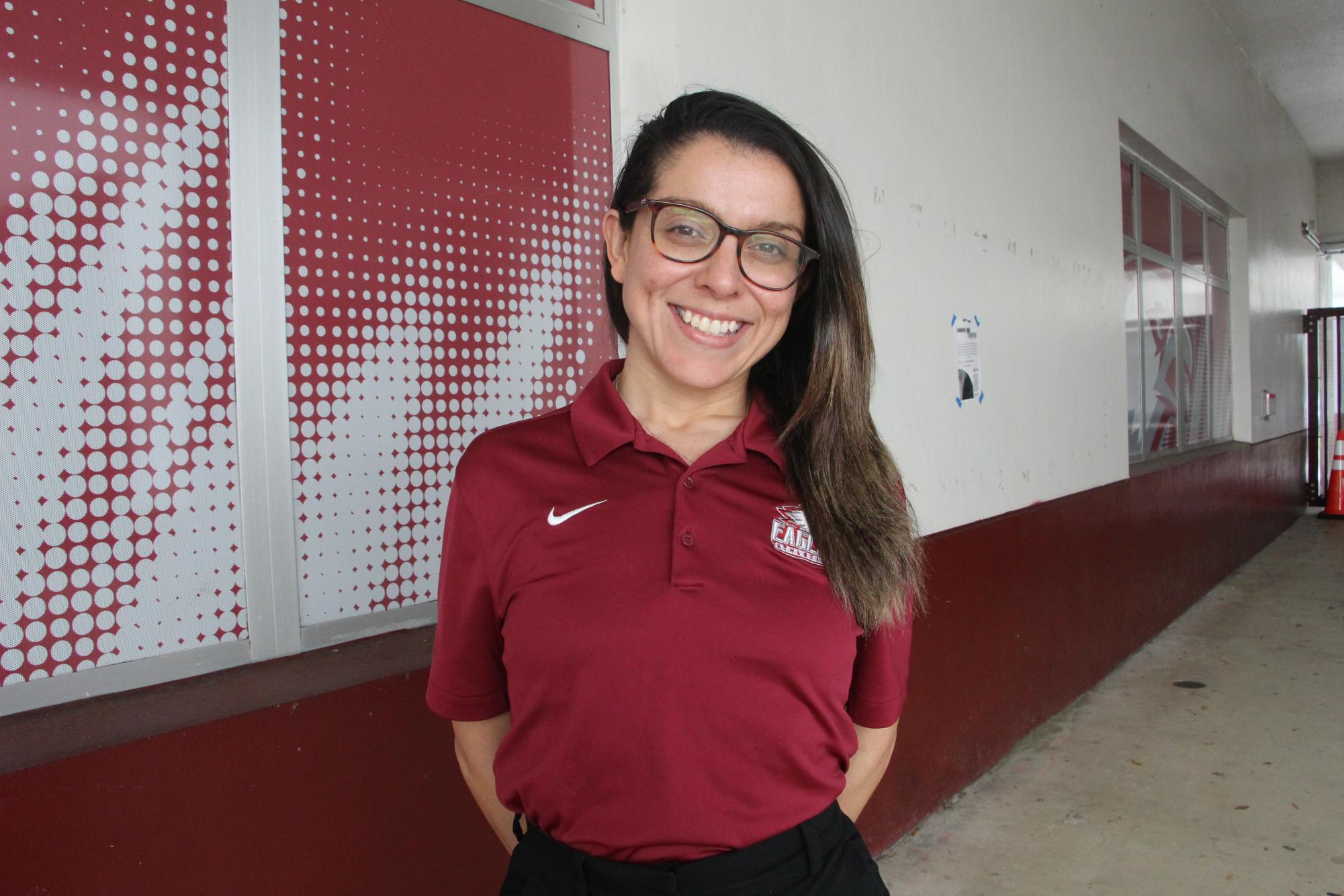
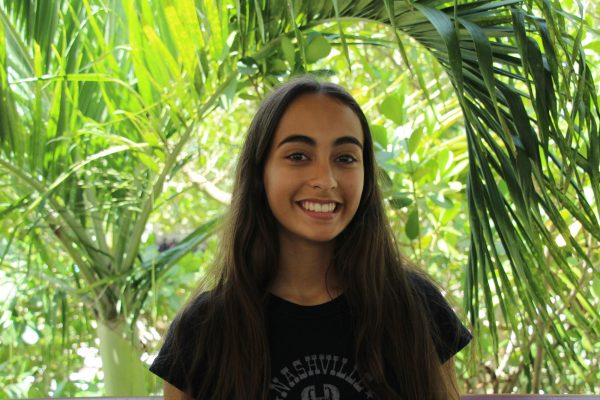
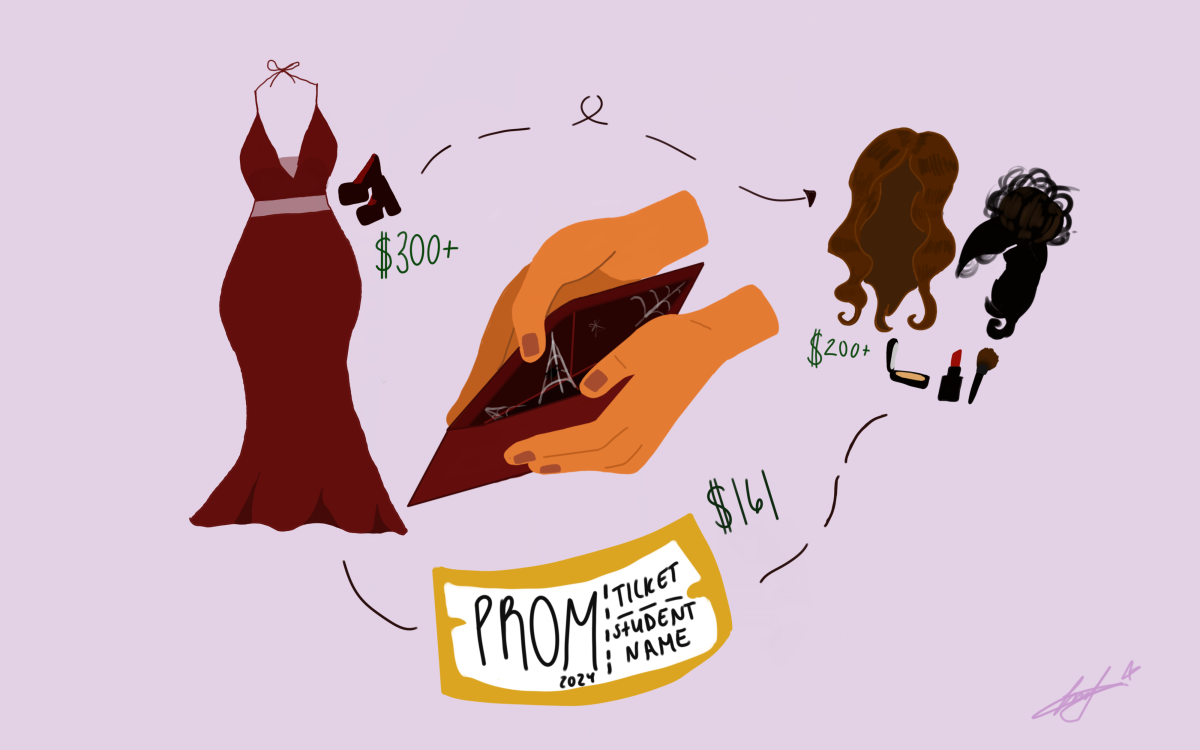
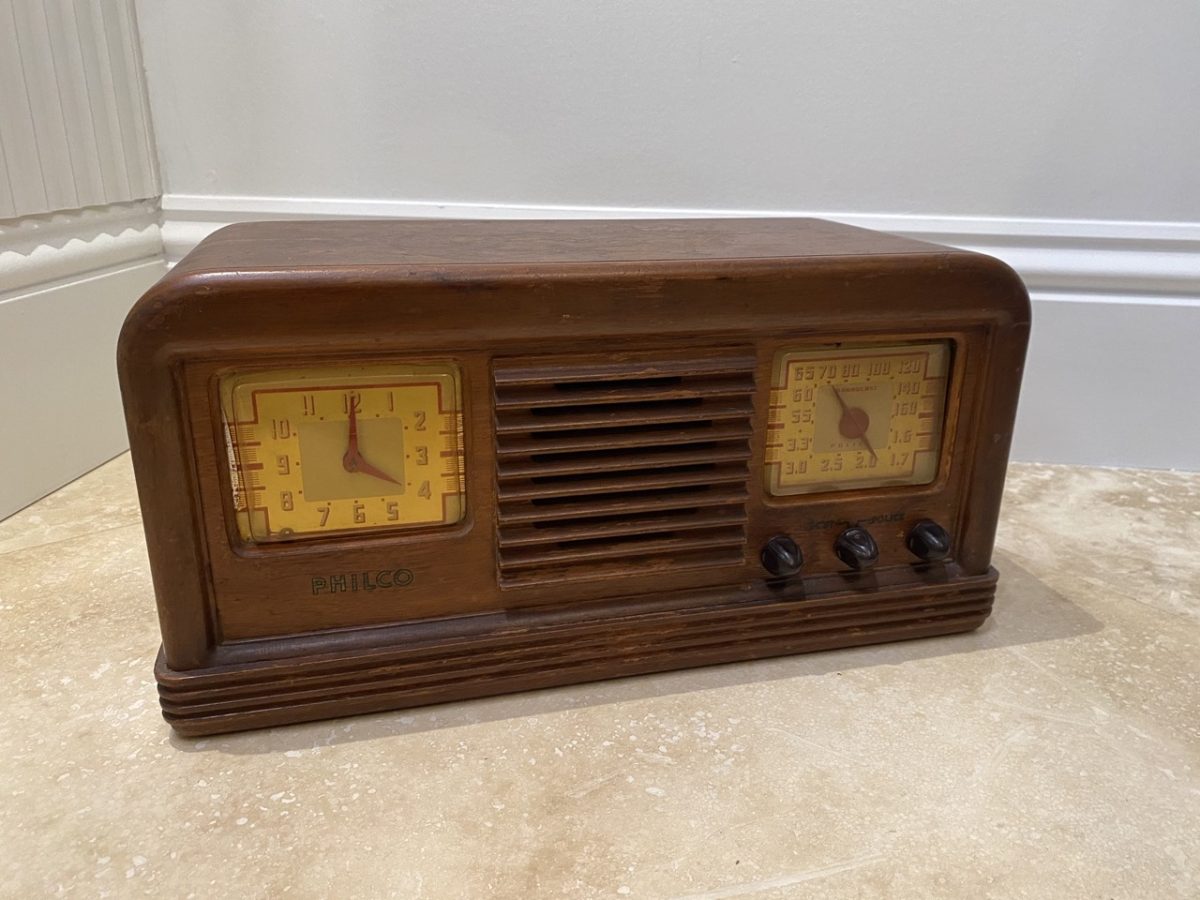
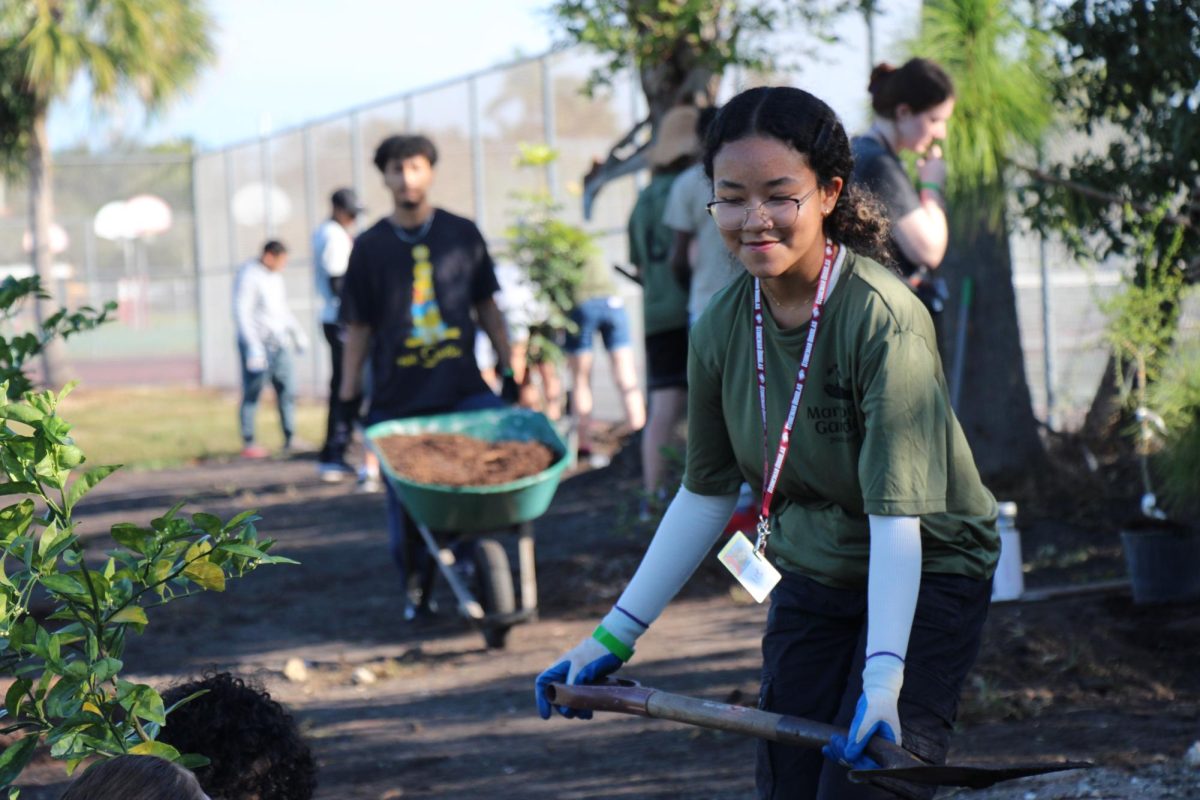

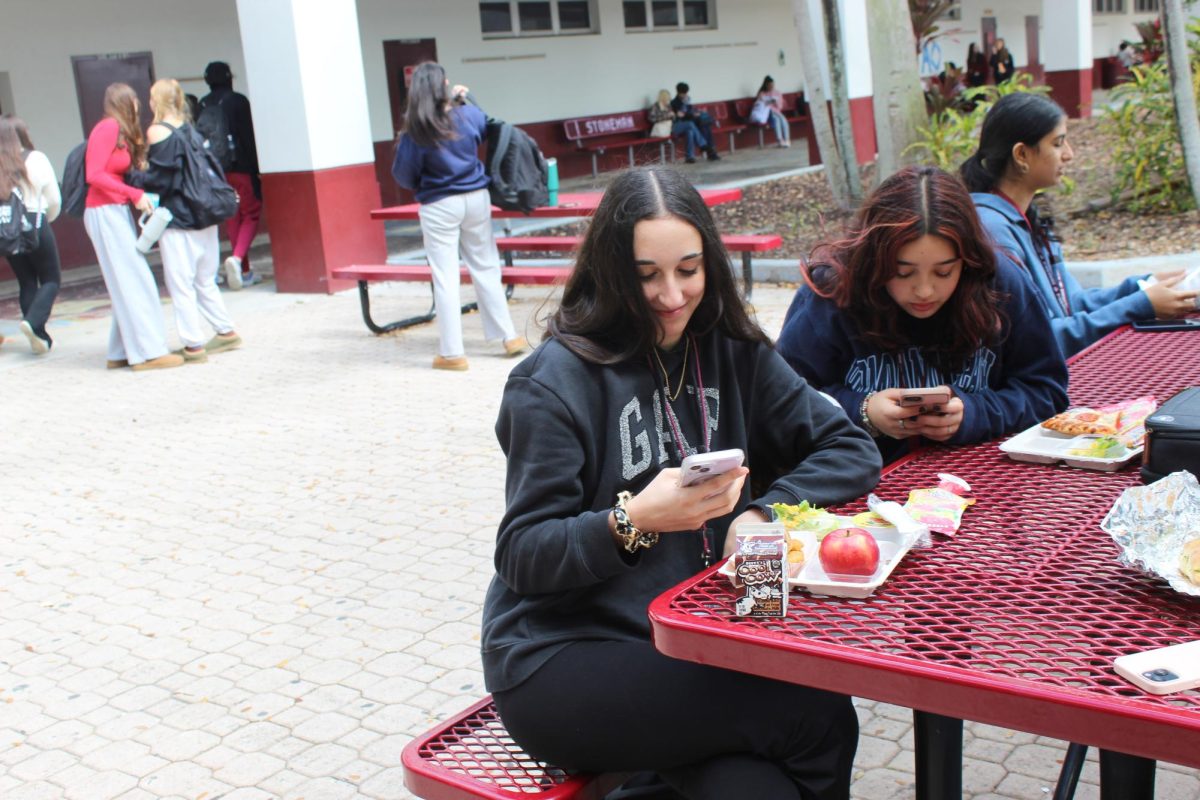
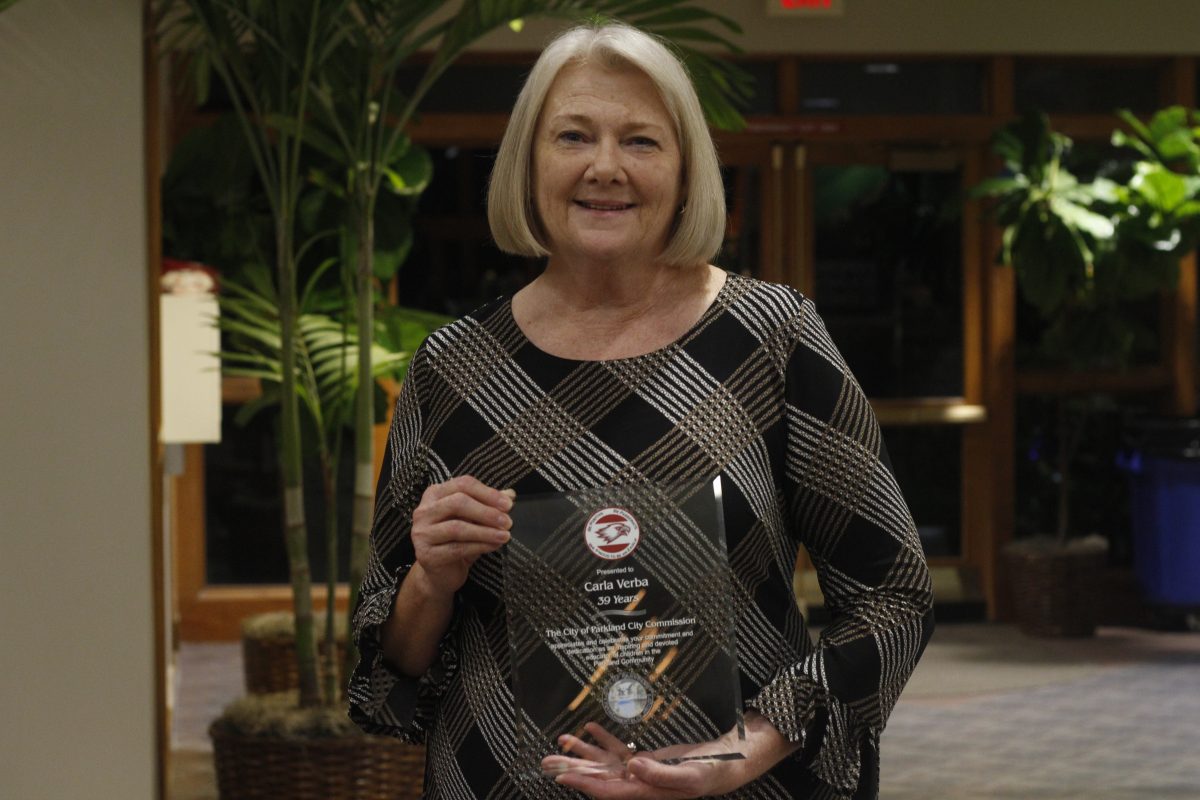
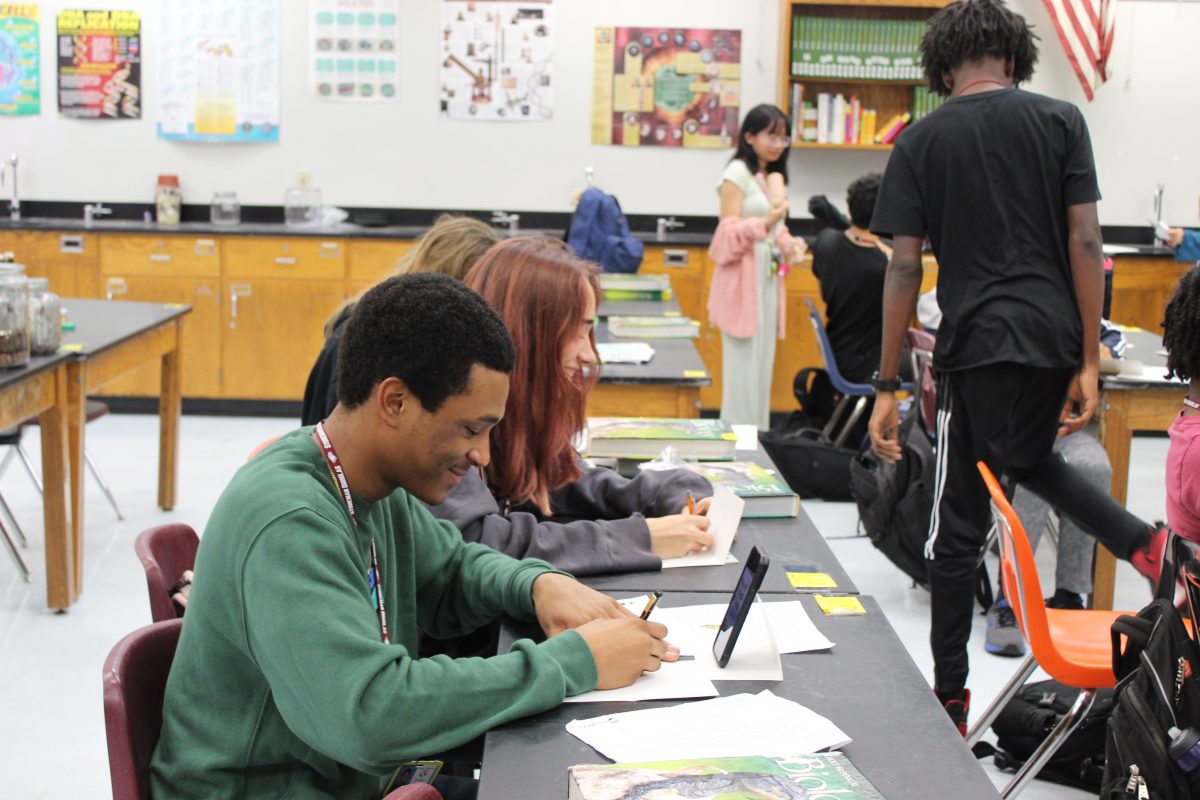
![(left to right) Seniors Stephanie Bilsky and Gracyn Haynes sport the DECA symbol, a triangle, at their first career fair, hosted on Dec. 6, 2023. The career fair had 12 business for students to explore and ask questions about. What we wanted to do is just take what weve learned [in DECA] and expand it to those students who arent enrolled in this class and dont have access and then just kind of take it to the community and allow students to discover their future as well, Haynes said.](https://eagleeye.news/wp-content/uploads/2024/01/9n9MEiC72JCfrptYKrZhoKhKscuboBiEju33GYeA-1200x800.jpg)
